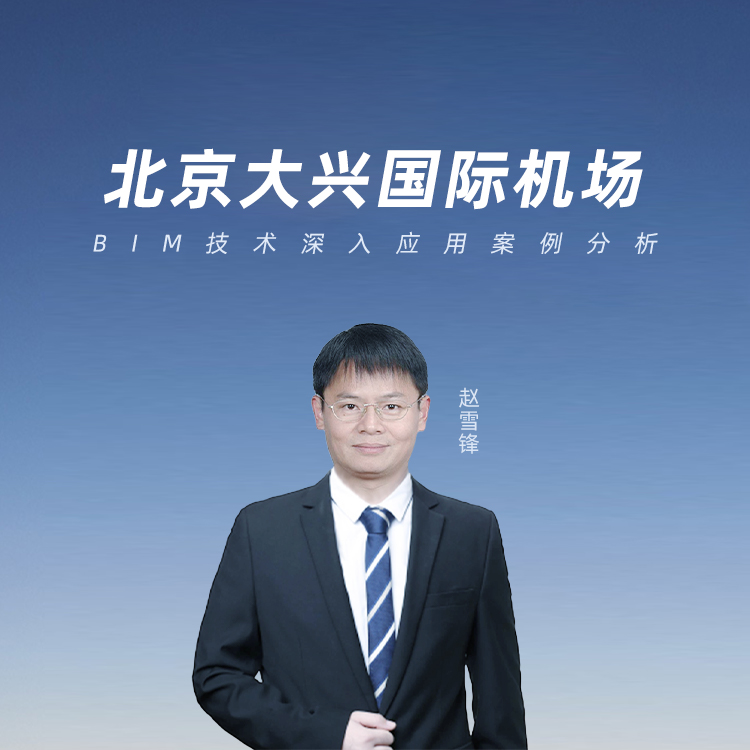【摘要】 考必过小编为大家整理了关于“2021上半年大学英语四级美文:The Origin of the Refrigerators”的信息,下面我们就一起来看下“2021上半年大学英语四级美文:The Origin of the Refrigerators”的具体内容吧!

英语四级美文:The Origin of the Refrigerators
By the mid-nineteenth century,the term icebox had entered the American language,but ice was still only beginning to affect the diet of ordinary citizens in the United States.The ice trade grew with the growth of cities.Ice was used in hotels, taverns, and hospitals,and by some forward-looking city dealers in fresh meat,fresh fish, and butter.
After the Civil War (1861-1865),as ice was used to refrigerate freight cars,it also came into household use.Even before 1880 half of the ice sold in New York,Philadelphia, and Baltimore,and one-third of that sold in Boston and Chicago,went to families for their own use.
This had become possible because a new household convenience,the icebox, a precursor of the modern refrigerator,had been invented.Making an efficient icebox was not as easy as we might now suppose.In the early nineteenth century,the knowledge of the physics of heat,which was essential to a science of refrigeration,was rudimentary.The commonsense notion that the best icebox was onethat prevented the ice from melting was of course mistaken,for it was the melting of the ice that performed the cooling.
Nevertheless,early efforts to economize ice included wrapping up the ice in blankets,which kept the ice from doing its job.Not until near the end of the nineteenth centurydid inventors achieve the delicate balance of insulation and circulation needed for an efficient icebox.But as early as 1803, an ingenious Maryland farmer,Thomas Moore, had been on the right track. When he used an icebox of his own design to transport his butter to market,his butter, still fresh and hard in neat,was worth one-pound a brick.One advantage of his icebox, Moore explained,was that farmers would no longer have to travel to market at night in order to keep their produce cool.
以上就是考必过小编为大家整理的关于“2021上半年大学英语四级美文:The Origin of the Refrigerators”的相关信息,想了解更多考试最新资讯可以关注考必过。
